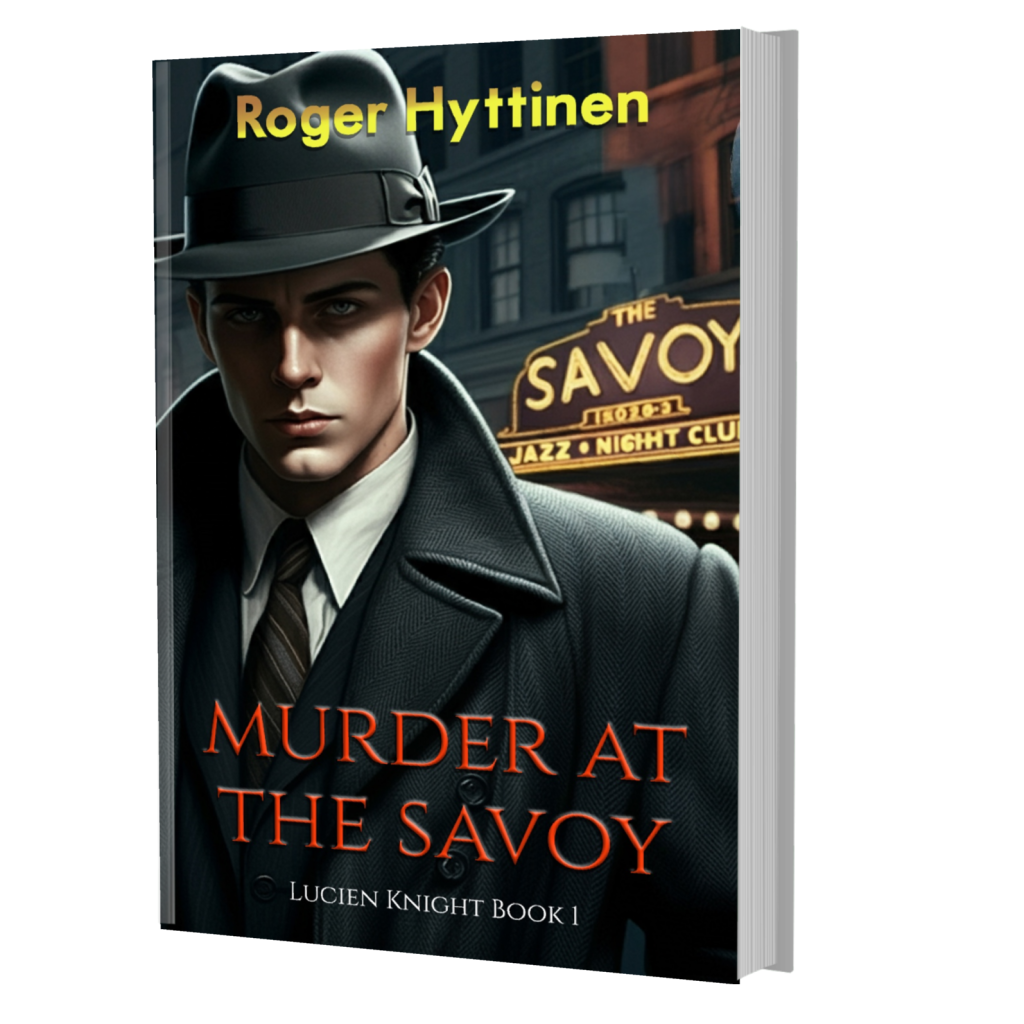Time Isn’t a Practice Run

I’ve been chewing on this older quote for days now…
“Waste of time, waste of human potential. How much time we waste. As if we were going to live forever.”
— Leo Buscaglia
I keep thinking about it while standing in line. While doom-scrolling. While putting off something that actually matters to me because I’m tired or distracted or just plain avoiding it.
Time has a smell to it, I swear. Cold coffee. Warm dust from an old book. The faint hum of electronics late at night. It feels physical when you notice it slipping past.
Time Is Sneaky Like That
I don’t wake up thinking, Ah yes, today I shall waste my potential. Nobody does. It happens sideways. Ten minutes here. A couple of hours there. A day that evaporates without anything to show for it except sore eyes and that low-grade guilt buzzing under your skin.
I catch myself saying things like, “I’ll get to it later.”
Later feels generous. Safe. Infinite.
It isn’t.
That’s the part of Buscaglia’s quote that lands hardest. We act like time renews itself the way phone batteries do. Plug in. Recharge. Start fresh. Real life doesn’t work like that. Time only moves one way, and it does not circle back to check on you.
Potential Is Not Loud
Human potential sounds dramatic. Big speeches. Big goals. Big gestures.
Most of the time, it’s quiet.
It’s the book you keep meaning to write, sitting half-finished on your laptop.
It’s the phone call you keep putting off.
It’s the class you wanted to take.
It’s the language you wanted to learn.
It’s the walk you didn’t go on because the couch felt easier.
Potential doesn’t kick down the door. It waits. Patiently. Sometimes too patiently.
I’ve felt that waiting. It feels like a low ache behind the ribs. Not pain exactly. More like pressure. The sense that something inside you is tapping its fingers on the table, wondering if you’ve forgotten about it.
The Lie of “Someday”
I grew up believing in “someday.” Someday when things calm down. Someday when I feel ready. Someday when I have more time. Someday when money, energy, confidence, or courage magically appear.
Here’s the part nobody loves hearing: someday is not a place you arrive at. It’s a story you tell yourself while time keeps moving.
I’ve lost entire seasons that way. Whole summers. Whole years. I can still picture the light coming through the windows of apartments I no longer live in, thinking I had plenty of time to figure things out.
I didn’t feel panicked back then. That’s the trick. Wasting time rarely feels dramatic. It feels comfortable.
Comfort Is Not the Enemy — Drift Is
I’m not anti-rest. I love rest…a lot! I love quiet afternoons and doing nothing on purpose. That’s different.
Drift is when rest turns into avoidance. When comfort becomes a holding pattern. When days blur together and you can’t quite remember what you were excited about last month.
Buscaglia isn’t yelling at us to hustle harder. He’s pointing at the tragedy of drifting through a life you actually care about.
That hits me in the chest every time.
Mortality Changes the Math
The older I get, the louder this stuff gets. Time feels heavier now. Not scary, just… real.
There’s a strange clarity that comes from accepting that the clock does not owe us anything. It makes small choices feel sharper. It makes saying yes or no feel more deliberate.
I notice how my body reacts when I choose something meaningful. There’s a warmth there. A steadiness. Even when the thing itself is hard.
I notice the opposite reaction too. That dull, dragging feeling after another evening vanished into nothing.
What I’m Trying to Do Differently
I’m not chasing perfection. I’m chasing honesty.
Asking myself:
Is this how I want to spend this hour?
Does this choice feed me or numb me?
Am I hiding, or am I resting?
Some days I answer badly. Some days I answer well. The point is asking.
Buscaglia’s words don’t feel like a lecture to me. They feel like a hand on the shoulder. A reminder whispered close: you’re here now. Use it.
One Last Thought Before I Go
Time isn’t cruel. It’s just indifferent. That’s oddly comforting.
We don’t need to do everything. We just need to do something that feels honest before the light changes again.
If I waste time, I want it to be intentional. A long walk. A deep breath. A laugh that leaves my face sore.
Human potential doesn’t need to be grand. It just needs to be lived.

Lucien Knight came to New York to escape scandal.
He found a dead singer, a beautiful liar, and a ghost that won’t let go.
Murder at the Savoy — jazz-soaked noir meets the supernatural.
Grab your copy HERE
Time Isn’t a Practice Run Read Post »









